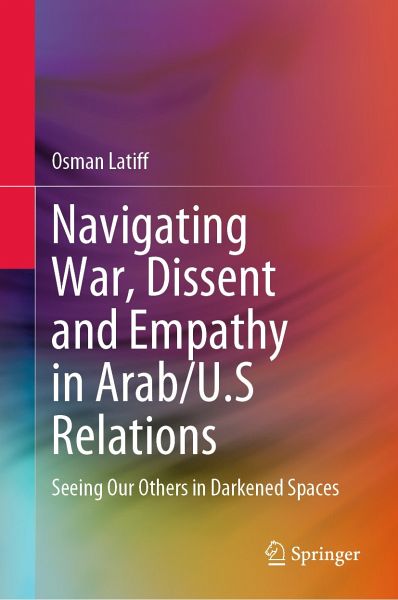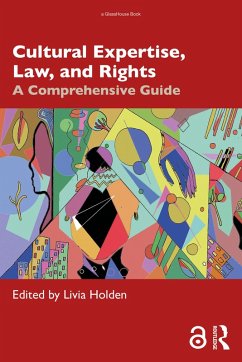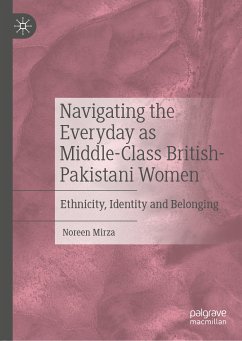
Navigating War, Dissent and Empathy in Arab/U.S Relations (eBook, PDF)
Seeing Our Others in Darkened Spaces
Versandkostenfrei!
Sofort per Download lieferbar
56,95 €
inkl. MwSt.
Weitere Ausgaben:

PAYBACK Punkte
28 °P sammeln!
Presents unique case studies, examining media and political representations of distant suffering.
Focuses on empathy across cultural lines associated with conflict, misunderstanding or domination
Offers a new perspective on American self-identity altered as a consequence of media portrayal of human suffering
Dieser Download kann aus rechtlichen Gründen nur mit Rechnungsadresse in A, B, BG, CY, CZ, D, DK, EW, E, FIN, F, GR, HR, H, IRL, I, LT, L, LR, M, NL, PL, P, R, S, SLO, SK ausgeliefert werden.
Alle Preise in Euro und inkl. der gesetzl. MwSt. | Innerhalb Deutschlands liefern wir preisgebundene Bücher versandkostenfrei. Weitere Informationen: bitte hier klicken
Support
Bitte wähle dein Anliegen aus:
Rechnungen
Bestellstatus
Retourenschein
Storno












